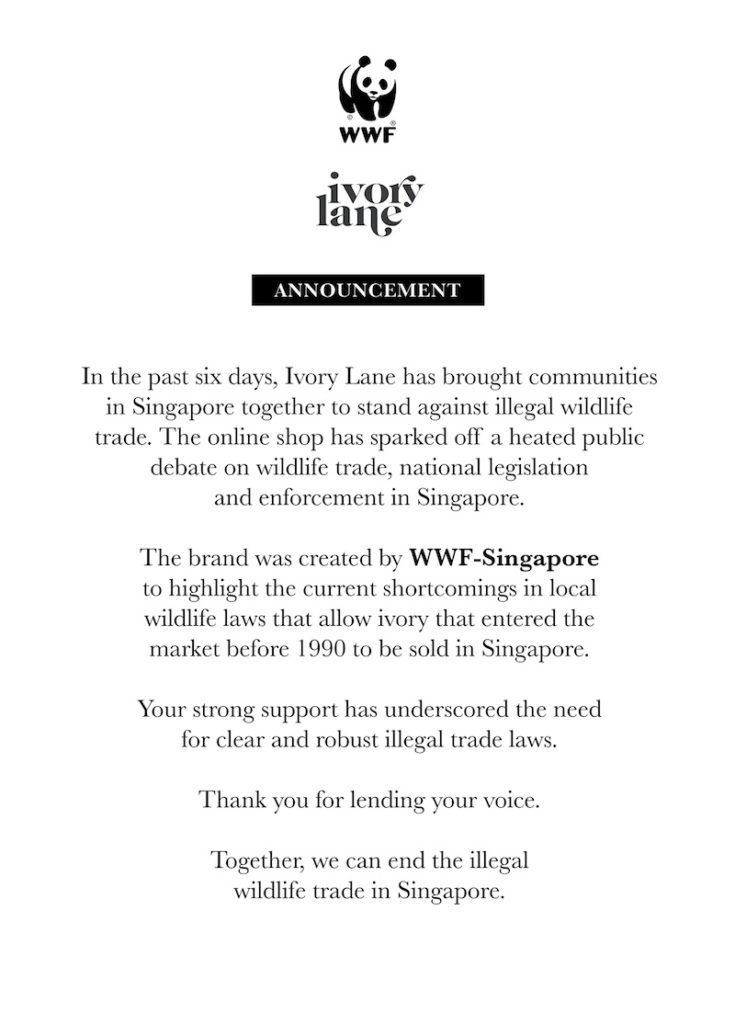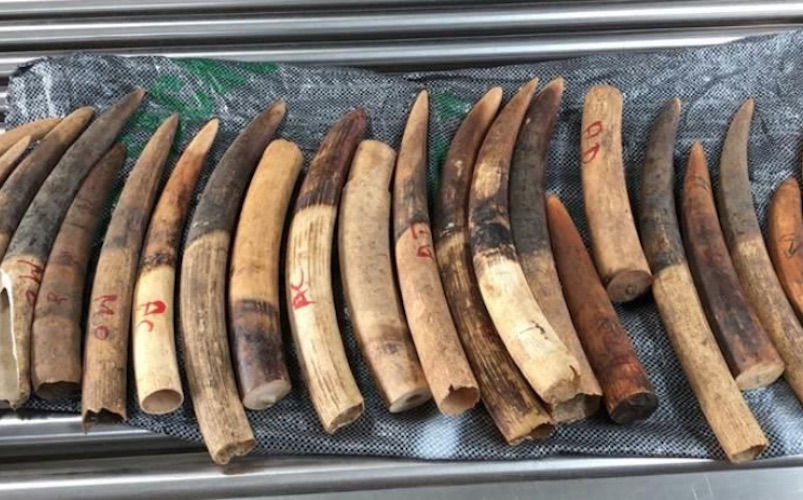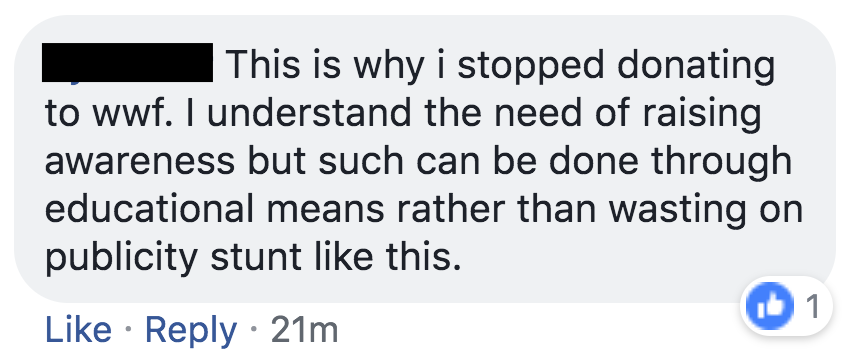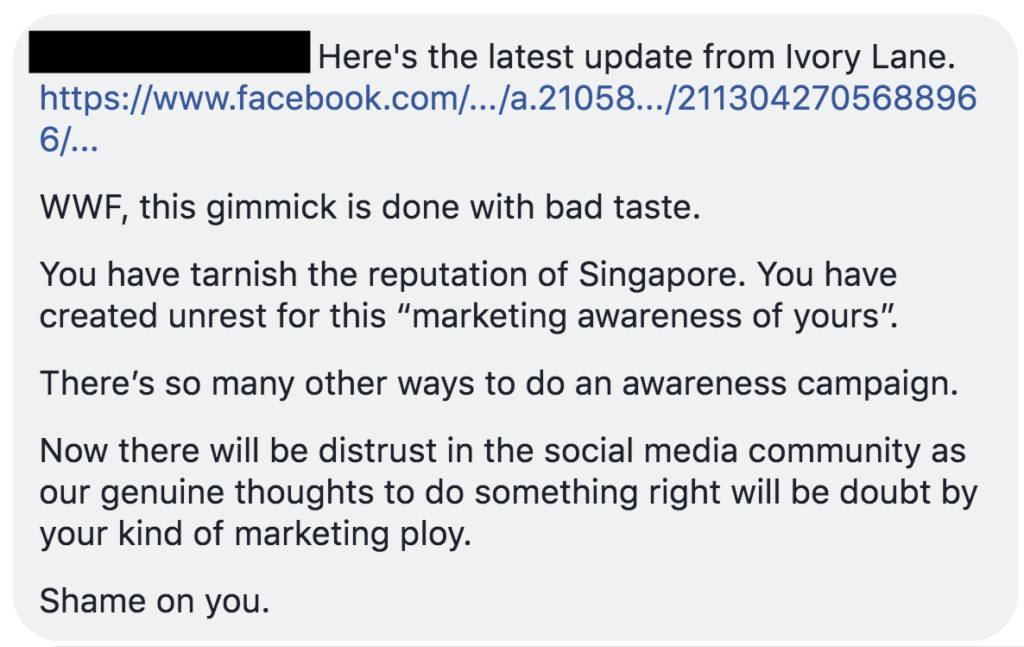Yeap, we called it. The highly controversial online ivory shop “Ivory Lane” has been outed as a marketing stunt by the World Wide Fund for Nature (WWF) — and what a stunt it was.
With all the marketing sheen and high-quality branding (not to mention some really tone-deaf copy), Ivory Lane’s social media presence seemed designed to elicit as much backlash as humanly possible, and it did. WWF revealed that the stunt reached about 250,000 people and garnered 64,000 reactions within six days, while sparking off (very) heated public debates on wildlife trade and national legislation here.
By doing so, it highlighted the fact that the sale of ivory remains very much legal in Singapore — ivory specimens are not illegal if they are proven to date back before 1990 international trade ban. These regulations, however, could keep up the global trade of illicit ivory alive as newly poached ivory could be disguised as the vintage variety.
Minister of State for National Development Koh Poh Koon announced in Parliament last year that the government will ban the sale of ivory here, but no timeframe has been introduced since.
Loopholes in the law

According to research commissioned by WWF, 50 percent of folks in Singapore believe that the trade of elephant ivory is already banned here. Sadly, that isn’t the case, and it took a well-marketed (but fake) online ivory store for people to get woke to the fact.
Nonetheless, misconceptions about where the legal boundaries lie is something illegal traders capitalize on, WWF-Singapore CEO Elaine Tan said.
“The general uncertainty leads to illicit wildlife trade hiding in plain sight. We set up the online shop, Ivory Lane, on the same legal premise that the real ivory traders use to operate in Singapore,” Tan explained in a statement.
Surprisingly (or is it really?), the WWF managed to find more than 40 shops in Singapore selling ivory products and a number of online listings on e-commerce markets. Investigations in physical shops had traders explaining how ivory can be smuggled across the borders undetected and be sold here.
Calls for strengthened wildlife laws

With the commissioned survey showing that nearly three-quarters of respondents support a ban on domestic trade, WWF-Singapore is calling on the government for stronger enforcement and deterrent penalties in regards to wildlife crime.
The organization has since launched a website where members of the public can provide anonymous tip-offs on suspicious activities concerning wildlife trade.
“The overwhelming and strong response by people in Singapore towards Ivory Lane has made it very clear that people in Singapore have a zero tolerance toward illegal wildlife trade,” Tan concluded.
“We are due for clear and strong legislation to address ivory and illegal wildlife trade in Singapore.”
The anger continues
Weirdly enough, some folks are missing the point of the whole stunt, calling WWF-Singapore sick for concocting such a concept. Honestly though, they just sound really bitter that they fell for it in the first place.





Then, of course, there’s always that one person…






Reader Interactions